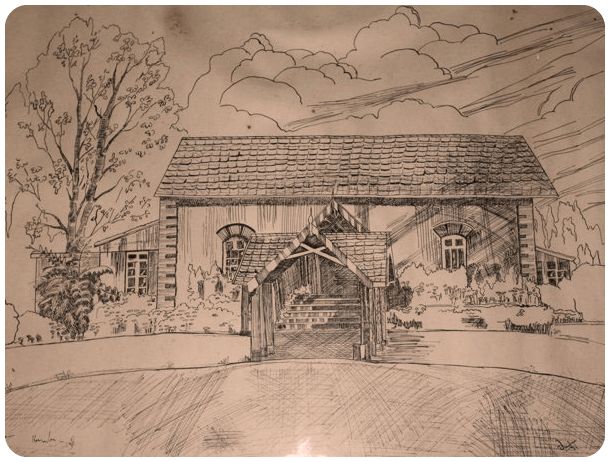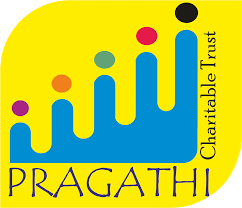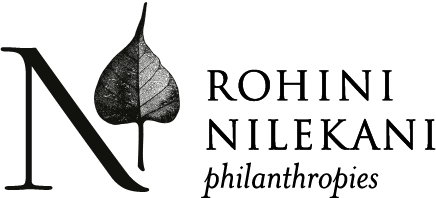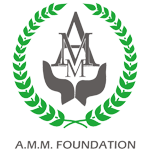
The history of the Ootacamund Club the earliest of such to come into being in this district is well documented ; but the same cannot be said of the Coonoor Club.
This landmark finds no mention at all in the District Manual of 1880, and meets only a passing mention in the Gazetteer of Sir Francis published in 1908, and it is from the latter that we trace its origins.
The Club was probably started as an unregistered makeshift affair in the late 1870s. The initiative for its formation was taken by two individuals ; General Richard Hamilton about whom nothing is known, and Mr Charles Thomas Campbell Gray the proprietor of Gray’s Hotel, the latter now the present day Pushpa Hospital of Coonoor.
The Club seems to have started with a tennis court or two and a small building put up by Mr. Gray to whom the land belonged. About the then arrangements, memberships and conditions, not much is known.
The Coonoor Club appears to have become a regular affair only in the early 1890s, for it became a listed institution around such time, being registered under Section XXVI of the Indian Companies Act of 1882. The Club’s website gives the year as 1885, but perhaps it was later, around the period when the adjacent property of ‘Black Heath’ was rented in 1894 (The Club’s website cites this year as 1984, presume it to be a typographical error and the same may be corrected).
It is from the Gazetteer that we learn that the Club moved to its present day premises on 1 September 1897, but not many would be aware that this was due to the efforts of two of its trustees, Lt. Colonel Richard Samuel Roberts and James (Jimmy) Stanes.
About the antecedents and army career of Colonel Roberts not much is known except that he was the Joint Magistrate of the Cantonment of Wellington in the mid 1870s, and it was through his efforts that the Wellington Lake and the Wellington Racecourse came into existence in 1875.
James (Jimmy) Stanes the grandson of the illustrious James Stanes Sr, was a planter, who at the peak of his career owned as many as 35 tea and coffee estates. He is described as a person who enjoyed good life, and was considered as the pillar of the Club at the period of its inception.
It was with the duo that Mr. Gray leased the land on which the present day Club buildings stands on 19 August 1896. The lease was on a yearly rental basis and for a thirty year term, with the option of purchase at the expiration of the tenure. To the original buildings were later on added ; the Assembly Rooms, the squash racquet court, the chambers, the rink and the billiard room, the last being completed in 1906.
As Mr Gray passed away before the expiration of the lease, his sole heir and widow, Helena Sabina Francesca Gray is known to have sold the property to the Club on 22 August 1924.
With increasing membership, there arose in 1925 and yet again in 1935, a need to put up more facilities and buildings, and funds were raised by sale of debentures. To pay of the debts a part of the unused land was sold to the Coimbatore Diocese Society on 15 December 1937, the latter an institution dedicated for the promotion of literature and science and other similar purposes, and which still has its registered offices at the Bishop’s House Coimbatore.
The debts accrued now having paid in full, an extraordinary general meeting of the members was duly convened and held on 6 September 1941. A special resolution was passed and confirmed that the company should be wound up voluntarily.
Dr. G. X. Miller of White Lodge presumably the present day ‘Chettinad Hose,’ was appointed liquidator and the resolution was duly advertised in the Madras Mail on 9 September 1941, in the South India Observer on 13 September of the same year, and was as well gazetted on the 30 September.
On 16 August 1941 the Coonoor Club incorporated under section 26 of the Indian Companies Act 1882, was voluntarily liquidated and re-formed as a new unregistered association again called the ‘Coonoor Club,’ with Dr. G. X. Miller as one of the trustees, also its honorary secretary and treasurer.











